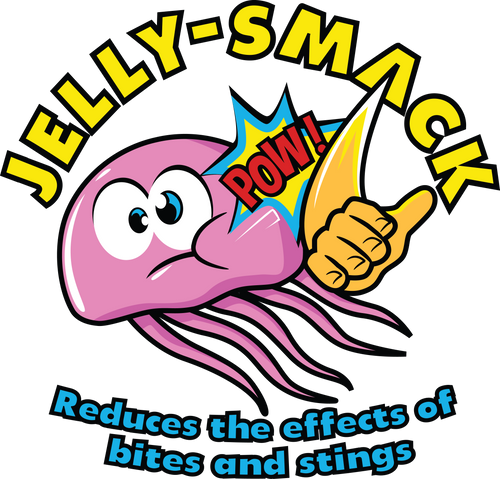While there are many different types of seaweed, June Grass and Sargassum are seen the most along shorelines. Despite their frequent presence, they are distinct in their characteristics and impacts.
Many vacationers are focused on the Florida shark attacks in Rosemary Beach and Watersound. While shark attacks are a rate occurrence, dealing with seaweed is much more common.
While there are many different types of seaweed, June Grass and Sargassum are seen the most along shorelines. Despite their frequent presence, they are distinct in their characteristics and impacts.

June Grass, or Cladophora, is a bright green algae that forms dense mats in warm coastal waters. You probably have experiences swim suites full of the green algae a few times or have tossed a handful on a friend while swimming. It thrives in nutrient-rich environments, often resulting in a thick, slimy texture that can be unpleasant for swimmers. However, June Grass is generally harmless, posing more of an aesthetic nuisance than a health risk.

Sargassum, on the other hand, is a brown macroalgae that originates in the Sargasso Sea. It has a unique, branched structure with small gas-filled bladders that keep it afloat. When it washes ashore in large quantities, it decomposes and emits a strong, unpleasant odor. Sargassum can also harbor small marine organisms that may cause skin irritation or allergic reactions in sensitive individuals.

For those sensitive to Sargassum, Jelly-Smack offers an ideal solution. This topical product quickly soothes irritation caused by a reaction to sargassum. The hypoallergenic formula ensures safety and comfort, allowing you to enjoy the beach without worrying about adverse reactions. Apply Jelly-Smack foam directly to the irritated area and you will immediately feel the difference.
Whether you're swimming in waters full of June Grass or navigating Sargassum heavy waves, Jelly-Smack provides the protection you need for a worry-free beach experience.
Available locally and on Amazon, Walmart.com and jelly-smack.com

